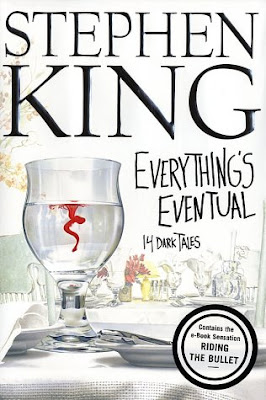 Rating: 5.0
Rating: 5.0What it's about:
At the age of eight, Scout Finch is an entrenched free-thinker. She can accept her father's warning that it is a sin to kill a mockingbird, because mockingbirds harm no one and give great pleasure. The benefits said to be gained from going to school and keeping her temper elude her.
The place of this enchanting, intensely moving story is Maycomb, Alabama. The time is the Depression, but Scout and her brother, Jem, are seldom depressed. They have appalling gifts for entertaining themselves—appalling, that is, to almost everyone except their wise lawyer father, Atticus.
Atticus is a man of unfaltering good will and humor, and partly because of this, the children become involved in some disturbing adult mysteries: fascinating Boo Radley, who never leaves his house; the terrible temper of Mrs. Dubose down the street; the fine distinctions that make the Finch family "quality"; the forces that cause the people of Maycomb to show compassion in one crisis and unreasoning cruelty in another.
Also because Atticus is what he is, and because he lives where he does, he and his children are plunged into a conflict that indelibly marks their lives—and gives Scout some basis for thinking she knows just about as much about the world as she needs to.
My thoughts:
Perfect. Flawless. Supreme.
To Kill a Mockingbird is and will always remain my favorite book. I am confident of that! It's so moving to watch as Scout and Jem grow up in the space of a few years. Innocence is lost and lessons are learned. The stage that these lessons are played out on is in a very segregated Alabama. The reader gets to see racism from a child's perspective. Atticus Finch, the father of Scout and Jem, is one of the most human characters in literature. He's so honorable and genuinely good. To Kill a Mockingbird is full of characters that are not easily forgotten









